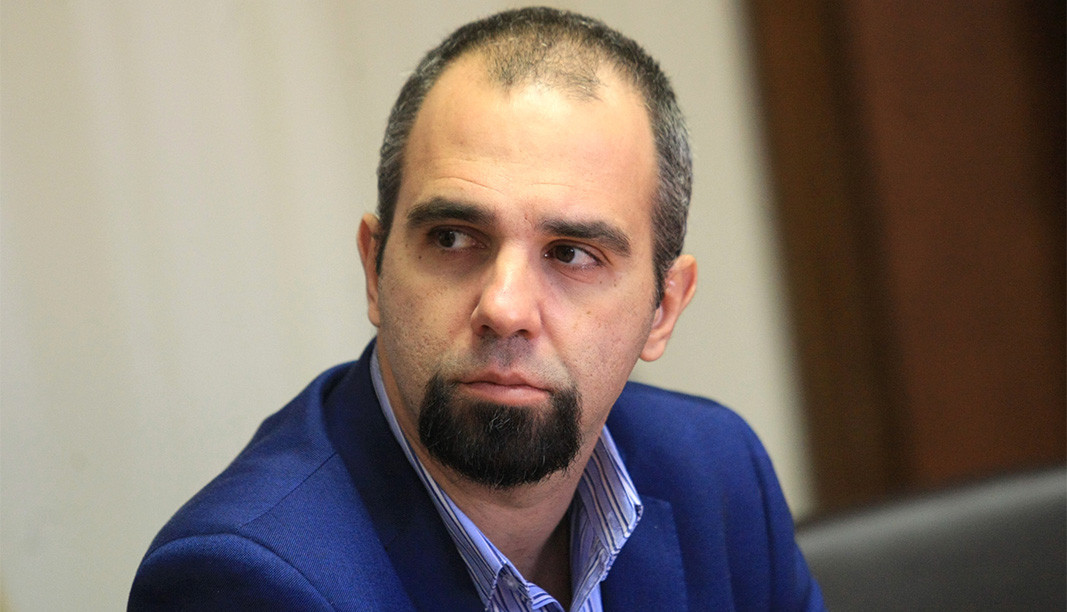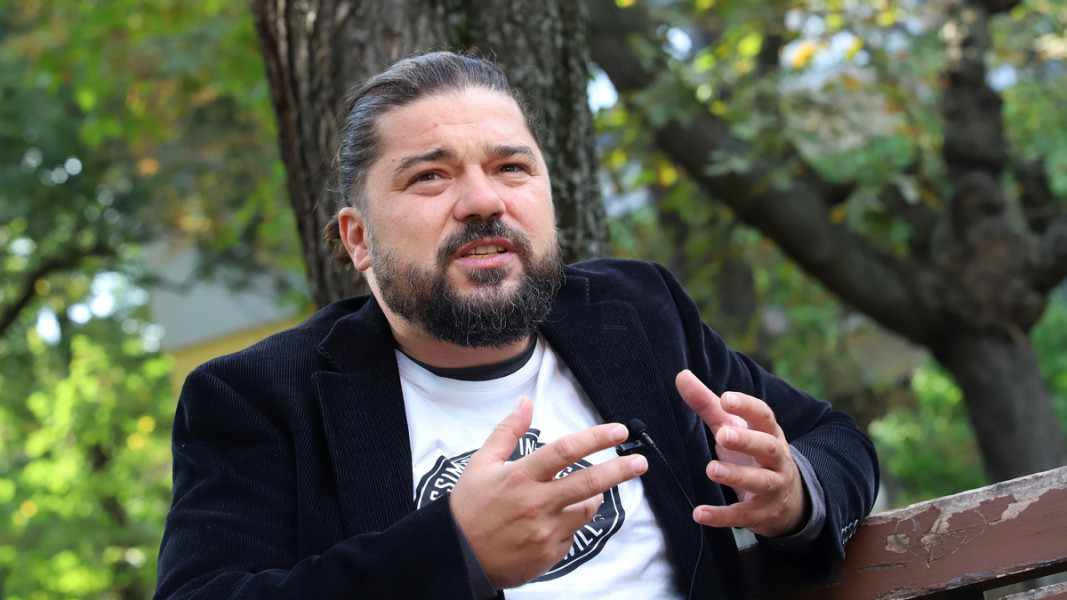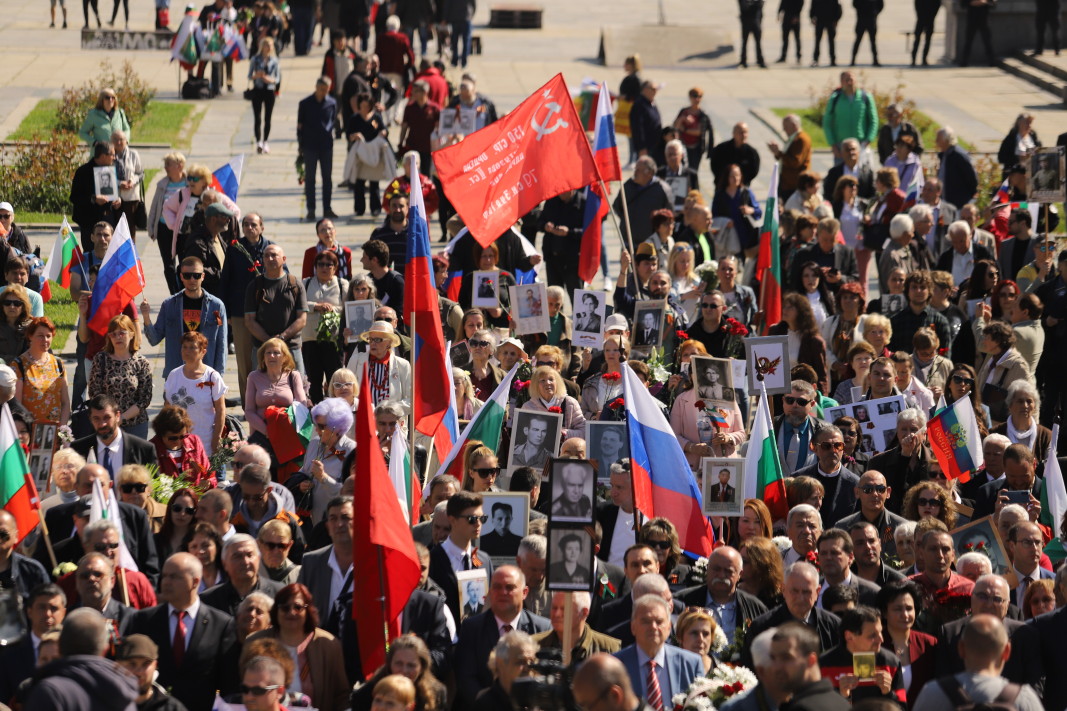May 9th this year has set dividing lines in Bulgarian society, which was previously used to celebrating Europe Day and the Day of Victory over Nazism focusing on the importance of both of them. On the one hand, Europe Day is about celebrating laying the foundations of today's European Union. On the other, the unconditional surrender of Nazi Germany, signed on the night of May 8-9 (22:43 European time; 00:43 Moscow time), is also marked as the Victory Day over Nazism, ending World War II in Europe. Both events are significant and there should be no reason for division, political scientists Parvan Simeonov and Strahil Deliiski say. In an interview with BTA, the two commented that polarized groups in Bulgarian society were noisier, but in fact a minority.
According to Parvan Simeonov, the best option for May 9 would be to give history respect and think about politics separately. “We should not project today's policy on the past. We need to have nuanced thinking."

According to Simeonov, May 8th and May 9th were the days when Nazism was defeated and at the same time May 9 is Europe Day and we must be able to separate these facts from other events. "I think we can think about and discuss these things – we can condemn Putin's aggression and still not forget that in the middle of the 20th century, the Soviet Union, the United States and Britain stood together against Nazism. We can pay tribute to the victory over Nazism, in which Bulgaria also participated during the second phase of the war and at the same time we cannot deny Europe Day," Parvan Simeonov said. According to him, this was a matter of the political elite’s wisdom.
According to political scientist Strahil Deliiski, outside the context of the war in Ukraine, it seems that the idea that Europe Day would have been impossible without Victory Day is commonly shared. However, the current war will surely lead to new dividing lines in society when it comes to May 9, Strahil Deliiski says.

"Society’s polarization regarding the war in Ukraine, is very visible but polarized groups are minorities in the society. Yes, their positions are heard loudly and they set the agenda somehow, but every poll shows that the majority of Bulgarian citizens do not need this type of polarization in order to identify as a group. Minor groups feed on polarization. The problem occurs when these minor groups have a very strong presence in media and in government institutions.”
According to Deliiski, a traditional attitude towards Russia is by no means in conflict with the clear pro-European ideas and values shared by the vast majority of Bulgarian society. "These two things are not mutually exclusive. Division occurs when these attitudes are used for political mobilization. One can have sympathy for Russia traditionally and sympathy for Europe at the same time; there is no contradiction in that. We can be anything we want, but when the choice of identity is shrunk to just two options, this is obviously propaganda."

According to the analyst, the Bulgarian society is severely divided and economic imbalances are at the heart of this division. This is because the gap between different social groups is so wide that it is a matter of a very slight "push" in order for these divisions to be "packaged" in different cultural identity frameworks.
Editor: Darina Grigorova
English: Alexander Markov
Photos: BGNES, libraryAt the Bulgarian Embassy in London, Prof. Bettany Hughes presented excerpts from the new BBC series - Wonders of Bulgaria. Prof. Bettany Hughes is the author of two episodes of the documentary. Hughes is a historian, writer, author of..
According to the Annual Report on the Health Status of Bulgarian Citizens for 2023, t he main cause of death in Bulgaria is diseases of the cardiovascular system (61.1%), followed by oncological diseases (16.5%) and diseases of the respiratory system..
In the week of St. Andrew’s Day (also known as Bears’ Day or Mechkinden), WWF is drawing attention to six orphaned bear cubs who have been given a second chance at life. The initiative is part of the "Subscribe to Nature" campaign and..

+359 2 9336 661
